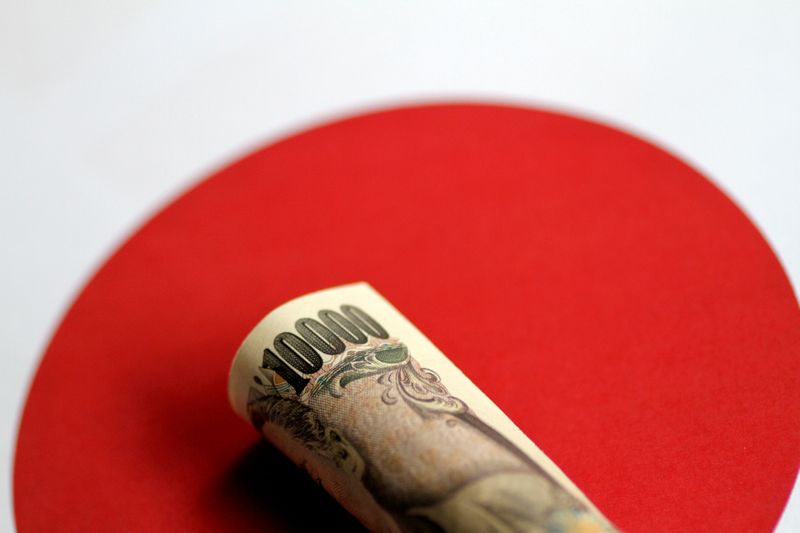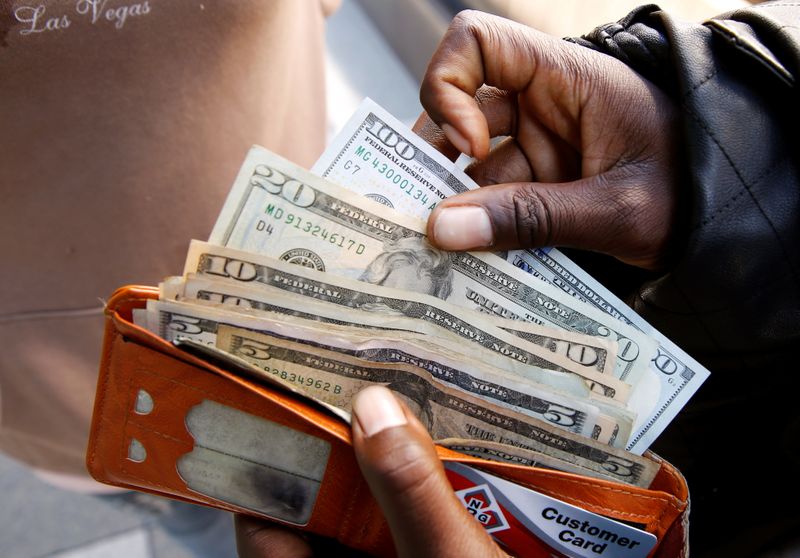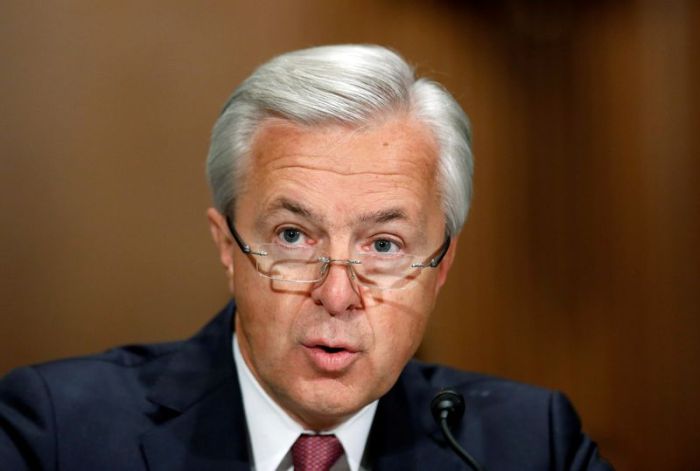NEW YORK (Reuters) – The safe-haven Japanese yen and Swiss franc strengthened on Friday, as the threat of a new COVID-19 wave in the United States and Europe chilled the increased risk appetite that had been driven by promising vaccine news earlier this week.
At 104.615 yen, the dollar had lost 0.46% against the Japanese currency on Friday morning in New York. The yen dropped around 2% versus the dollar on Monday <JPY=D3>. The Swiss franc <CHF=EBS> firmed to 0.9132 against the dollar, after trading at 0.9192 mid-week.
The dollar slipped 0.23% against a basket of currencies <=USD>.
Global markets surged on Monday after Pfizer Inc <PFE.N> said its experimental vaccine was more than 90% effective in trials. The news saw the dollar rise as traders quit their long-yen positions.
But currency market traders became more risk-averse on Thursday and Friday as infections spread and the heads of the Federal Reserve and the European Central Bank (ECB) stressed that the economic outlook remains uncertain.
“It is tough to have a sustained run of optimism when virus cases continue to mount,” said Joe Manimbo, senior market analyst at Western Union Business Solutions. “The market sees light at the end of the tunnel, but we’re still in the tunnel.”
Despite the pullback, the yen was on track for its worst week since June.
The euro was up 0.24% at $1.1832.
The prospect of a vaccine is a source of relief but the euro zone will still suffer as a result of new lockdown measures, two ECB policymakers also said.
But the Australian dollar – a liquid proxy for risk and global economic growth – picked up. It was up 0.44% on the day at 0.7265 versus the dollar.
“The prospect of the Fed staying super-easy through the winter and beyond, while vaccine optimism, builds is dollar bearish,” Kit Juckes, an FX strategist at Societe Generale, wrote in a note.
“The big winners in the longer-run are the higher-beta, growth and trade-sensitive currencies,” he said.
The New Zealand dollar was flat versus the dollar at 0.6840 <NZD=D3>, but still up on the week after jumping to its highest since March 2019 after the Reserve Bank of New Zealand’s meeting on Wednesday.
Germany’s health minister said on Friday that it was too early to say how long the latest lockdown would last, while the French prime minister said France’s measures would not be eased for at least two weeks.
Elsewhere, President-elect Joe Biden won the battleground state of Arizona late on Thursday, but President Donald Trump still refuses to accept defeat.
(Reporting by David Henry in New York and Elizabeth Howcroft in London; Editing by Alex Richardson and Marguerita Choy)




















